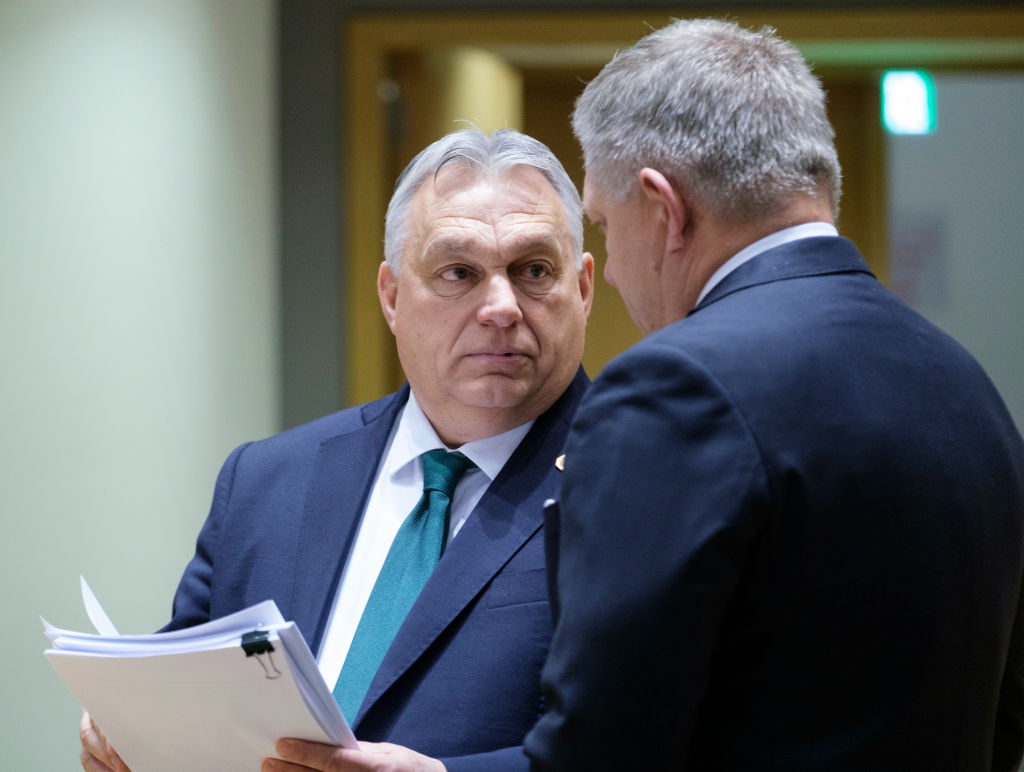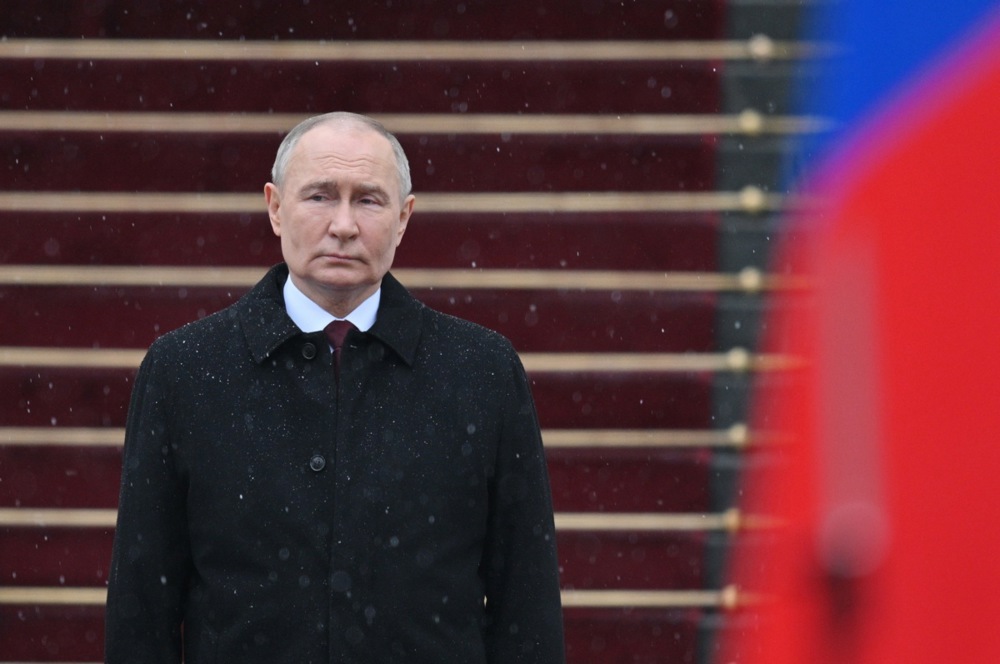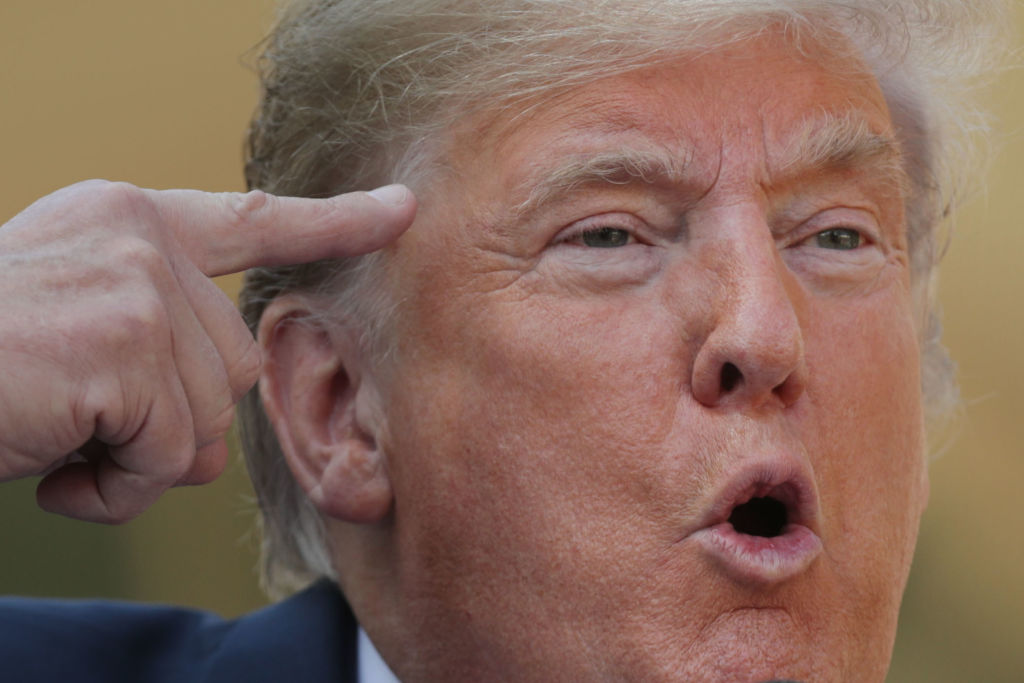European Union governments have agreed to allocate €1.4 billion in profits from frozen Russian assets for arms and other aid to Ukraine.
The decision has led Hungary to accuse its fellow EU members of a “shameless” rules breach to circumvent its objections.
According to diplomats, EU governments had previously agreed in May to utilise profits from frozen assets within the bloc to assist Ukraine, allocating 90 per cent of them for military aid.
Still, approval of the required legal measures had been delayed by Hungary.
During the June 24 meeting of EU foreign ministers in Luxembourg, chief diplomat Josep Borrell stated that the usual requirement for unanimous foreign policy decisions was “unnecessary” in this case.
Budapest had outlined its position against unconditional support for Ukraine before Christmas.
“Since Hungary didn’t participate in the decision, it is not necessary that they … participate in the implementation,” Borrell said.
The European Union slapped a new series of economic sanctions on Russia – for the 14th time. @philippilkhttps://t.co/5qCrSgu0RL
— Brussels Signal (@brusselssignal) June 20, 2024
In this case, the aid is not coming out of Member States’ pockets, but is using Russian money to finance Ukraine’s war against Moscow.
According to EU sources, Hungarian Foreign Minister Peter Szijjarto remained relatively quiet while Borrell presented the plan.
“Obviously, our colleagues in Brussels, our EU legal team is examining the possibility of a legal way to seek justice for Hungary,” said Szijjarto.
The EU’s plan to immediately use profits from Russian assets is distinct from a recent decision by G7 leaders to earmark future proceeds for providing $50 billion in loans to Ukraine.
It was one of the main reasons for approving the 2021-2027 EU budget extension, something that at the time was unpopular among Member States.
NATO will assume control over the coordination of arms deliveries to Ukraine from the US, the alliance’s Secretary General Jens Stoltenberg has announced. https://t.co/yqKFVFvyKm
— Brussels Signal (@brusselssignal) June 13, 2024





